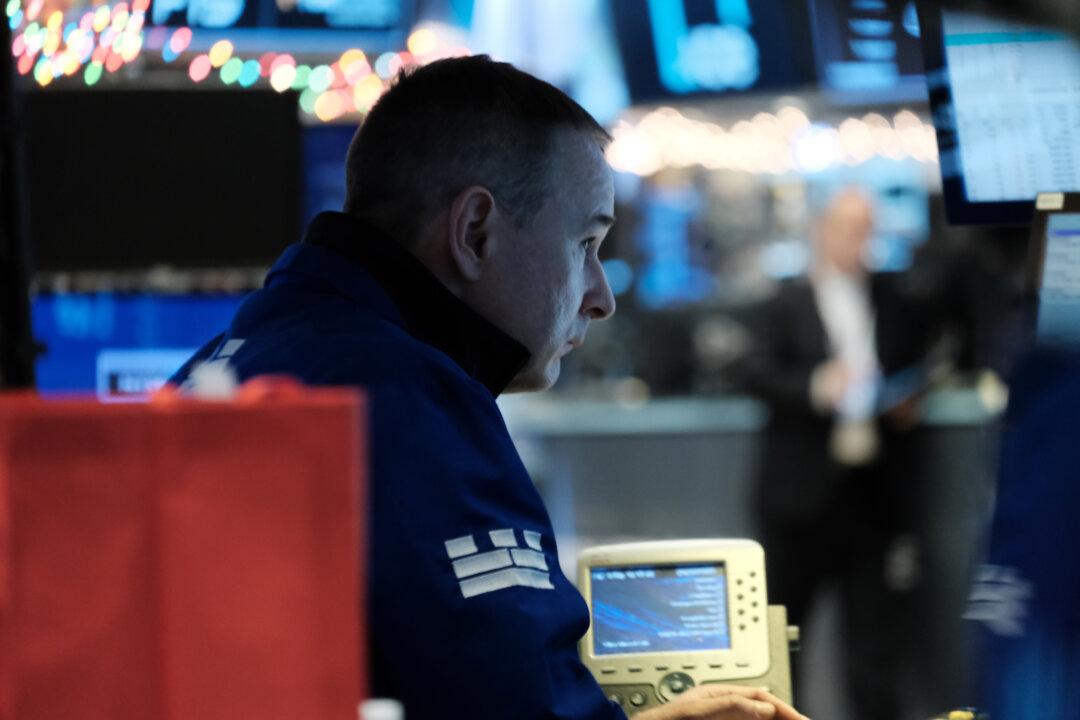Markets could see a rally before an inevitable downturn, said Bob Michele, the chief investment officer of JPMorgan Asset Management, adding that American investors are cleaning out their portfolios with assets that can withstand an economic recession.
“I actually think in the next quarter, we could see risk assets rally. Having been an investor through the financial crisis and looking at that seminal moment when Bear Stearns and JPMorgan combined … the next quarter was great for markets,” the veteran investor said in a Bloomberg interview Friday. “Equities went up 15 to 20 percent. High-yield credit spreads retraced a quarter, and then the bottom fell out.”





